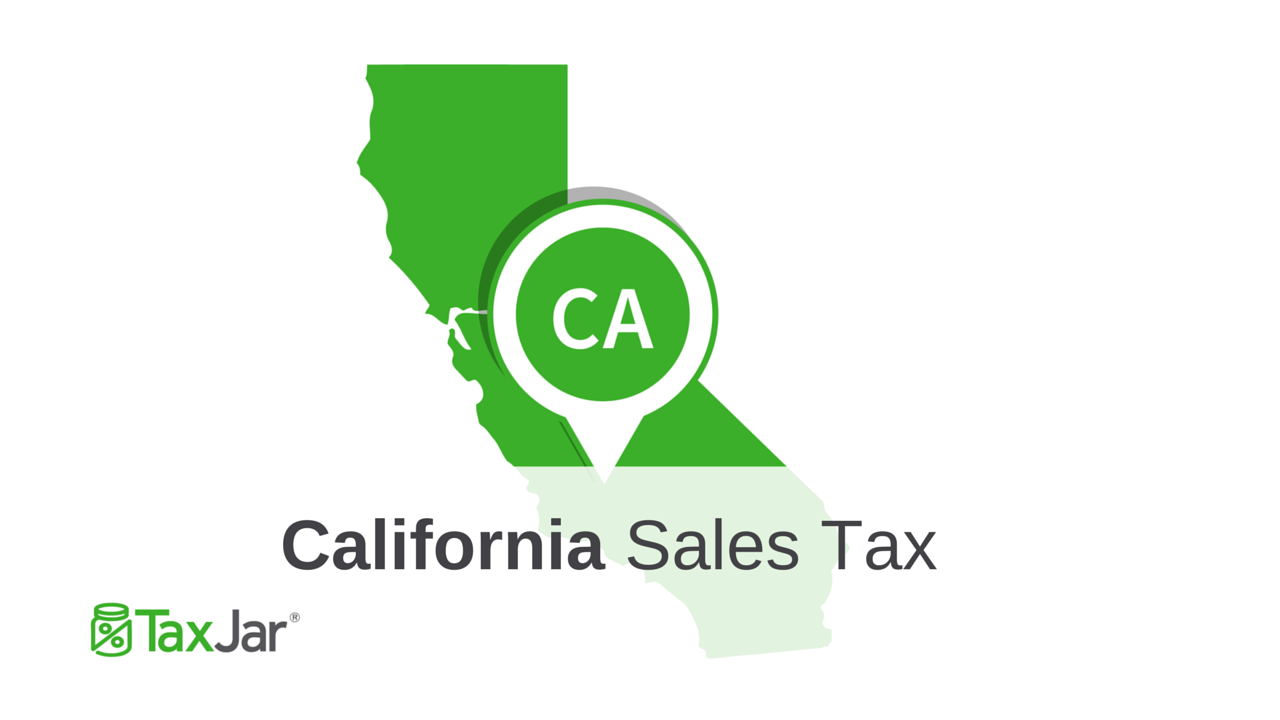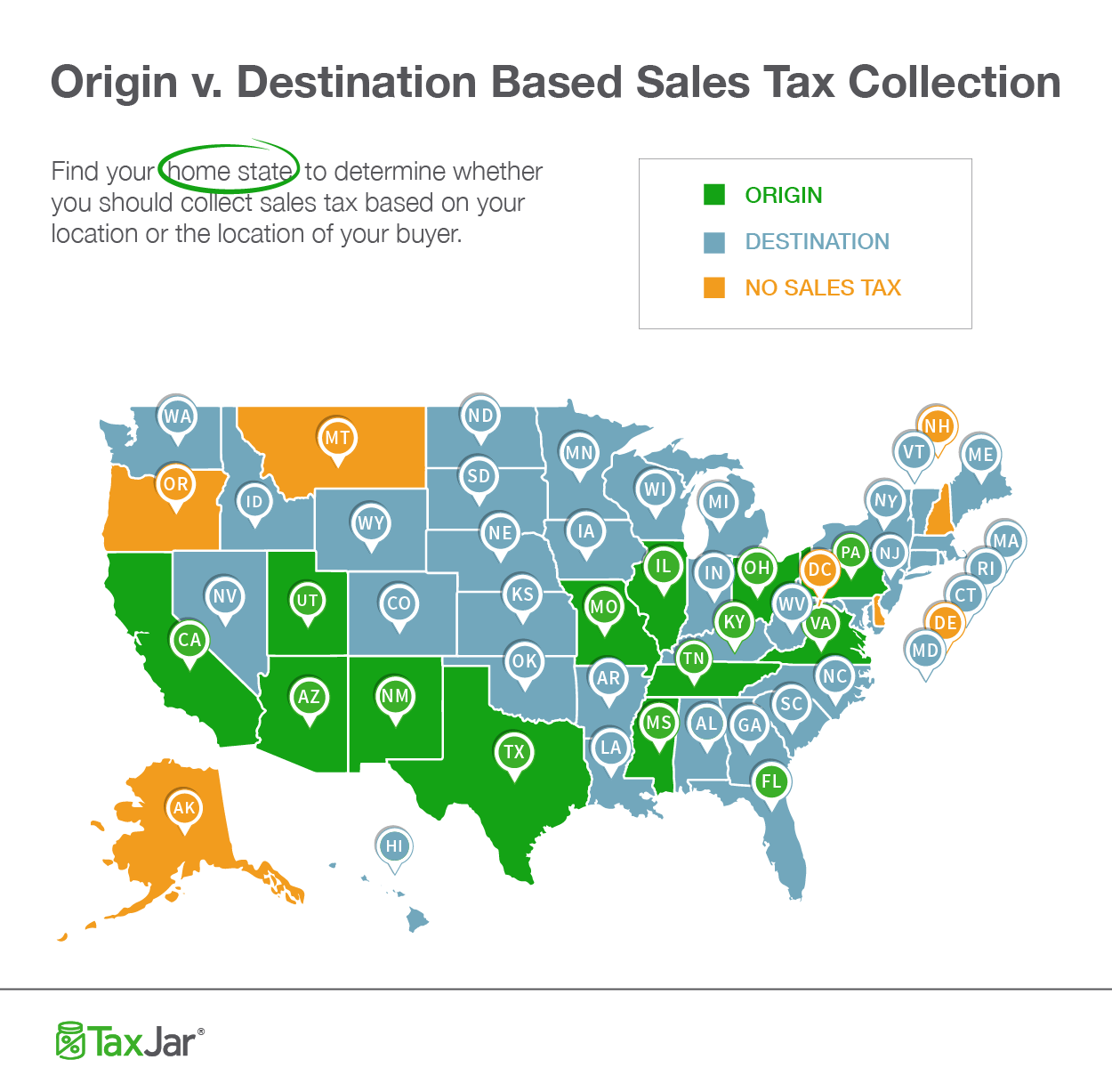2018 Texas Sales Tax Reference Guide
Everything You Need to Know About Payroll Taxes in 2018 Payroll Taxes can be intimidating and complicated. Square can ease this process for you by calculating and depositing your payroll taxes, and filing the appropriate tax filings to the federal and state agencies. Read below for an overview and information on how payroll taxes generally work. We’ve also provided some links to the IRS and state agencies so you can learn more about payroll taxes and how to calculate an employee’s paycheck. Get Started with Square Payroll Payroll processing trusted by thousands.

FAQ There’s a lot you should be aware of when it comes to payroll taxes. The online but here are some frequently asked questions.
What do payroll taxes pay for? The federal government levies payroll taxes on wages and uses most of the revenue to fund Social Security, Medicare, and other social insurance benefits. Federal income taxes also go towards things like defense and security. State income taxes go towards a variety of areas, the most important being education and health care, as well as transportation, corrections, state police, parks and recreation. How can I pay payroll taxes online? After collecting federal withholding tax from employees, an employer can pay them online using (EFTPS).
State agencies will generally have their own electronic or manual processes to submit state payroll taxes. Aside from just paying taxes, employers must also submit federal tax filings to the IRS, state payroll tax filings to the related state agency, and Form W-2s to the Social Security Administration. Generally speaking, what are the payroll taxes and percentages?
There are typically four types of that you’ll notice on your pay stub: federal income tax, Social Security tax, Medicare tax, and a state income tax (note that not all states have an income tax, some states may levy additional taxes, and some employees might be excluded from certain taxes). Both the IRS and state tax agencies publish annual tables to determine the amount of tax to be withheld from each paycheck depending on the employee’s gross wages, filing status, number of withholding allowances (exemptions) and pay frequency.
Social Security and Medicare taxes put together are called “FICA” (Federal Insurance Contributions Act) taxes and have specific rates and thresholds. For 2018, the Social Security tax rate is 6.2% on the first $128,700 of wages paid. The Medicare tax rate is 1.45% on the first $200,000 of wages (and 2.35% for wages above $200,000). Which states do not have income tax? There are currently nine states in the U.S. That do not levy an income tax on wages:.
Texas. Florida.
Washington. Nevada.

Tennessee. Wyoming. New Hampshire. South Dakota. Alaska Types of Payroll Taxes Employee payroll taxes are usually made of these four taxes:. Federal Income Tax.
State Income Tax. Social Security. Medicare Employer payroll taxes are usually made up of these four taxes:. Federal Unemployment Tax. State Unemployment Tax. Social Security. Medicare The amounts of these payroll taxes and what they pay for are highlighted in the table below.
Types of Payroll Taxes (2018) Employer Pays Employee Pays Total Cap? What They Pay For 6.2% 6.2% 12.4% $128,700 Per dollar, 85 cents goes to a trust fund that pays monthly benefits to current retirees and their families and to surviving spouses and children of workers who have died. The other 15 cents goes to a trust fund that pays benefits to people with disabilities and their families. 1.45% 1.45% 2.9% No Limit ^ This tax goes to a trust fund that pays for some of the costs of hospital and related care of all Medicare beneficiaries.
Variable None ^^ Variable Variable This tax, paid to state workforce agencies, is typically used to pay unemployment benefits to state workers. State law determines individual state unemployment insurance tax rates. 6.0% ^^^ None 6.0% $7,000 This tax covers the costs of administering Unemployment Insurance and Job Service programs in all states. ^ Wages over $200,000 earned in 2018 will be taxed an additional 0.9% ^^ Some states may require or allow employers to withhold a portion of state UI taxes from employee wages ^^^ Employers can take a credit of up to 5.4% of taxable income if they pay state unemployment taxes. This credit is lower in “Credit Reduction States” where the state has not repaid money it borrowed from the federal government to pay unemployment benefits. Pay Payroll Taxes Online With Square Payroll processing trusted by thousands.
How to Calculate Payroll Tax In 2018 An employee’s paycheck generally consists of federal income tax, Social Security, and Medicare. If you are located in a state with state income tax withholding, you will need to withhold state income tax as well. Social Security is calculated at 6.2% of the gross pay and it’s capped once you hit. This means the maximum amount of Social Security tax you will pay in one year is $7,886.40. Medicare has no cap and is calculated at 1.45% of an employee’s gross pay. If an employee earns more than $200,000 in a single year, you will need to withhold an additional 0.9% for medicare wages for anything greater than $200,000. This 0.9% is only paid by the employee and not the employer.
Federal and state income tax are a bit more difficult to calculate. Federal income tax is determined by the Form W-4 that an employee submits, showing their filing Status as well as their number of exemptions. You will then need to reference IRS Publication 15B, to see how much tax to withhold from your employee. Please note, this tax table gets updated annually by the IRS. For state income tax withholding, there is a similar table produced annually by each state that determines how much state income tax to withhold from each employee’s paycheck. For example, if your employees work in California, you can follow the directions on the to determine how much state income tax to withhold from your employee’s paycheck.
Payroll Tax Penalties Payroll taxes are due to the government. When the taxes are not paid, are paid late, or are paid, but don’t follow the correct guidelines, employers can face and accrue interest.
Maine Sales Tax Reference Guide
(By hiring a, you won’t need to worry about submission guidelines, accuracy of payment, or getting your payroll taxes paid on time. It will take care of it for you.) The three components that make up a correct deposit are: (1) the deposit is made timely, (2) the deposit is in the correct amount, and (3) the deposit is made in the correct manner. A failure to comply with any of these components will subject the deposit to the FTD (Failure to Deposit) penalty. The percentage rate charged depends on the number of calendar days a deposit is late or whether there is a direct payment.
Per IRC 6656(b)(1), there is a time sensitive four-tier penalty system for late deposits. The penalty rate assessed depends on the number of calendar days a deposit is late starting from the due date of the deposit. For liability amounts not properly or timely deposited, the penalty rates are as follows.
2 percent for deposits 1–5 days late. 5 percent for deposits 6–15 days late. 10 percent for deposits made more than 15 days late.
This also applies to amounts paid within 10 days of the date of the first notice requesting payment for the tax due. 10 percent for required deposits not paid by EFT (Electronic Funds Transfer). 15 percent (a 5 percent addition to the 10 percent for late payment) for all amounts still unpaid more than 10 days after the date of the first notice requesting payment of the tax due, or the day on which the taxpayer received notice and demand for immediate payment, whichever is earlier. Click to learn more about penalties and. Please note, this is only intended as an overview of how payroll taxes generally work. It is not tax or legal advice that you can rely upon for your business.
For guidance or advice specific to your business, you should consult with a tax or legal professional. Related Articles You May Also Like.
The Texas state sales tax rate is 6.25%, and the average TX sales tax after local surtaxes is 8.05%. Groceries, prescription drugs and non-prescription drugs are exempt from the Texas sales tax. Counties and cities can charge an additional of up to 2%, for a maximum possible combined sales tax of 8.25%. Texas has 2176 with local sales taxes in addition to the state sales tax. Texas has a lower state sales tax than 76.9% of states Counties and cities in Texas (as well as other jurisdictions such as transit authorities) are allowed to charge an additional local sales tax on top of the Texas state sales tax. All medicine and groceries are exempt from all sales taxes, and automobile and boat sales are only subject to state sales tax (not local or municipal sales taxes).
Lodging and hotels are taxed at a special state rate of 6%, although local governments can add to this amount. As a reward remitting sales tax payments on time, merchants are allowed to keep 1/2% of the sales tax they collect on behalf of Texas every quarter. Texas has one sales tax holiday every year.
A one-weekend-long 'back to school' tax holiday in the beginning of August allows for the tax-free purchase of all school supplies and clothing articles under $100. If you are a Texas business owner, you can learn more about how to collect and file your Texas sales tax return at the. Texas doesn't collect sales tax on purchases of most non-prescription drugs, prescription drugs and groceries. In most states, necessities such as groceries, clothes, and drugs are exempted from the sales tax or charged at a lower sales tax rate. Some items may not be eligible for these reduced sales tax rates, such as expensive clothing, unhealthy food or drinks like soda, and certain non-essential pharmaceuticals. Texas does not treat candy or soda as groceries, which means they are not subject to reduced grocery sales tax rates. Other items including gasoline, alcohol, and cigarettes are subject to various in addition to the sales tax.
Texas has six sales tax holidays, during which certain items can be purchased sales-tax free. For more details, see the. In some states, items like alcohol and prepared food (including restaurant meals and some premade supermarket items) are charged at a higher sales tax rate. The TX sales tax applicable to the sale of cars, boats, and real estate sales may also vary by jurisdiction. Texas's sales tax rates for commonly exempted items are as follows.

1.3 - Texas Sales Tax Exemption Certificate Unlike a Value Added Tax (VAT), the Texas sales tax only applies to end consumers of the product. Individuals and companies who are purchasing goods for resale, improvement, or as raw materials can use a Texas Sales Tax Exemption Form to buy these goods tax-free. Companies or individuals who wish to make a qualifying purchase tax-free must have a Texas state sales tax exemption certificate, which can be obtained from the Texas Comptroller of Public Accounts. On making an exempt purchase, Exemption Certificate holders may submit a completed Texas Sales Tax Exemption Form to the vendor instead of paying sales tax. Sales tax exemption forms (as well as business sales tax id applications, sales tax returns, and the full Texas sales tax code) can be.